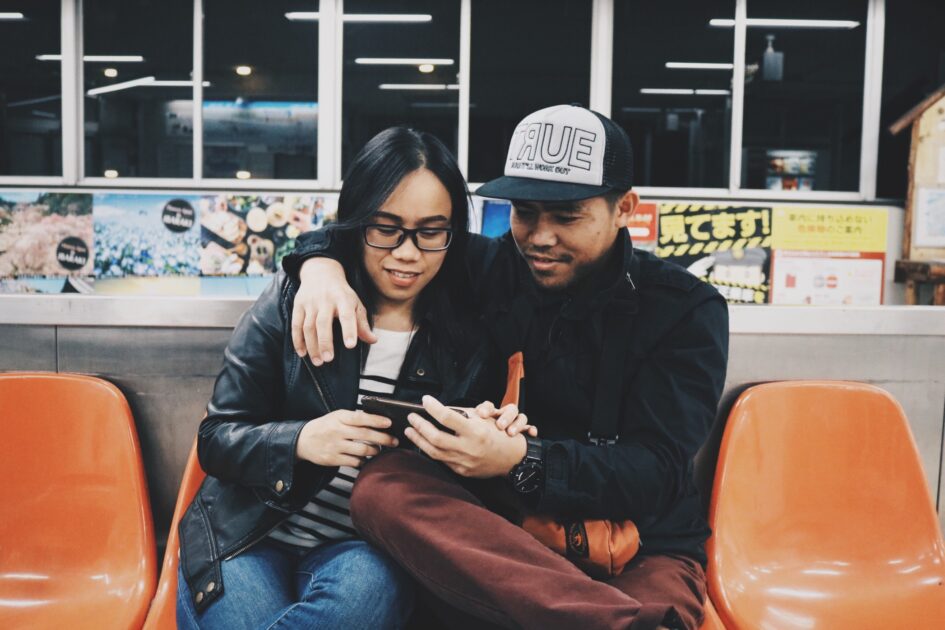The subtle signs of an abusive relationship
Emotional and psychological abuse can sometimes be difficult to see, but it’s important to recognise the signs

Too often, when we hear the word “abuse” we instantly think of the physical kind, the kind that leaves bruises and scars and the kind so regularly depicted in the media. Abuse can take a lot of forms, but due to the stereotype that abuse is mainly physical, we’re not always fully aware that abuse is occurring.
Signs of abuse
In romantic relationships, our judgement can be heavily clouded. Unacceptable behaviour is brushed over and warning signs of abuse can be ignored. It’s important to be aware of the indicators that abusive behaviour patterns are forming or may form in the future, particularly when first getting into a relationship. Often the indicators of emotional and psychological abuse are so slight that we find ourselves asking “is it really abuse?”
Being constantly belittled
One of the first and most subtle signs that emotional abuse may rear its head is a partner belittling your ambitions, goals and achievements. This may seem simple but it can be an extremely powerful tool and make you feel as if you have something to prove. It may seem like jealousy, and this is not normal behaviour. A good partner will respect your ambitions and be proud of your achievements. A good relationship should push you towards your goals, not deflate them.
Differing opinions
Does your partner make you feel as if your opinions are invalid, that you’re not worth even being listened to? This is a red flag. Emotional abusers will often take personal offence to differing opinions and refuse to even hear another point of view. They will make you feel crazy or guilty for the views you hold, and sometimes cause you avoid voicing your opinion. Emotional abusers want you to be frustrated and hurt, they want you to feel like your voice is invalid and they want to feel in control.
Isolating you from friends and family
As emotional and psychological abuse grows in a relationship, it is very common for an abuser to attempt to isolate you from friends and family. However this may not be as obvious as it seems; it can come in the form of them not liking your friends or claiming they are treating you badly or are jealous of you. They will try to make you believe that your friends are out to get you, that they don’t want the best for you. This is a particularly powerful tool used by abusers when friends and family express concern about the relationship.
Aggression
One of the big red flags that too many victims of emotional abuse turn a blind eye to are the subtle signs of aggression on the part of the abuser. These may take the form of over using force on you while not actually physically assaulting you, throwing objects violently or hitting/punching things as an expression of anger or threat. These are not only instances of emotional abuse as they exert power and threaten the victim, but they are clear signs that physical abuse may follow.
Emotionally abusive relationships can feel possessive and smothering. Your partner may be very controlling and have issues with you being friends with individuals of the opposite sex. They do not like to see you exert your independence, because this makes them feel like they are not in control.
Healthy relationships consist of mutual respect and communication and they should never contain any form of manipulation, physical aggression or emotional blackmail. If you can relate to any of these warning signs, please talk to someone. If you feel you are walking on eggshells in a relationship, you need to seek help. Emotional and psychological abuse can escalate to or come hand in hand with physical abuse, which is why it’s vital that young people are aware of the signs.
Support services:






